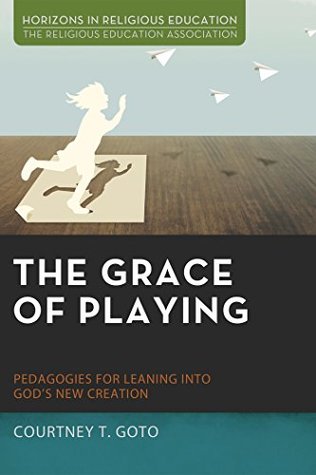Living a double life, they were men or women of prayer by night, when no one would see them praying. By day they were fools, engaging people on the street or in the marketplace.306 Unlike the nuns, the holy fools refused to contemplate Christ only in the monastery. Instead they embodied Christ’s life in the everyday form, using public space as a stage.307
Welcome back. Just a moment while we sign you in to your Goodreads account.


